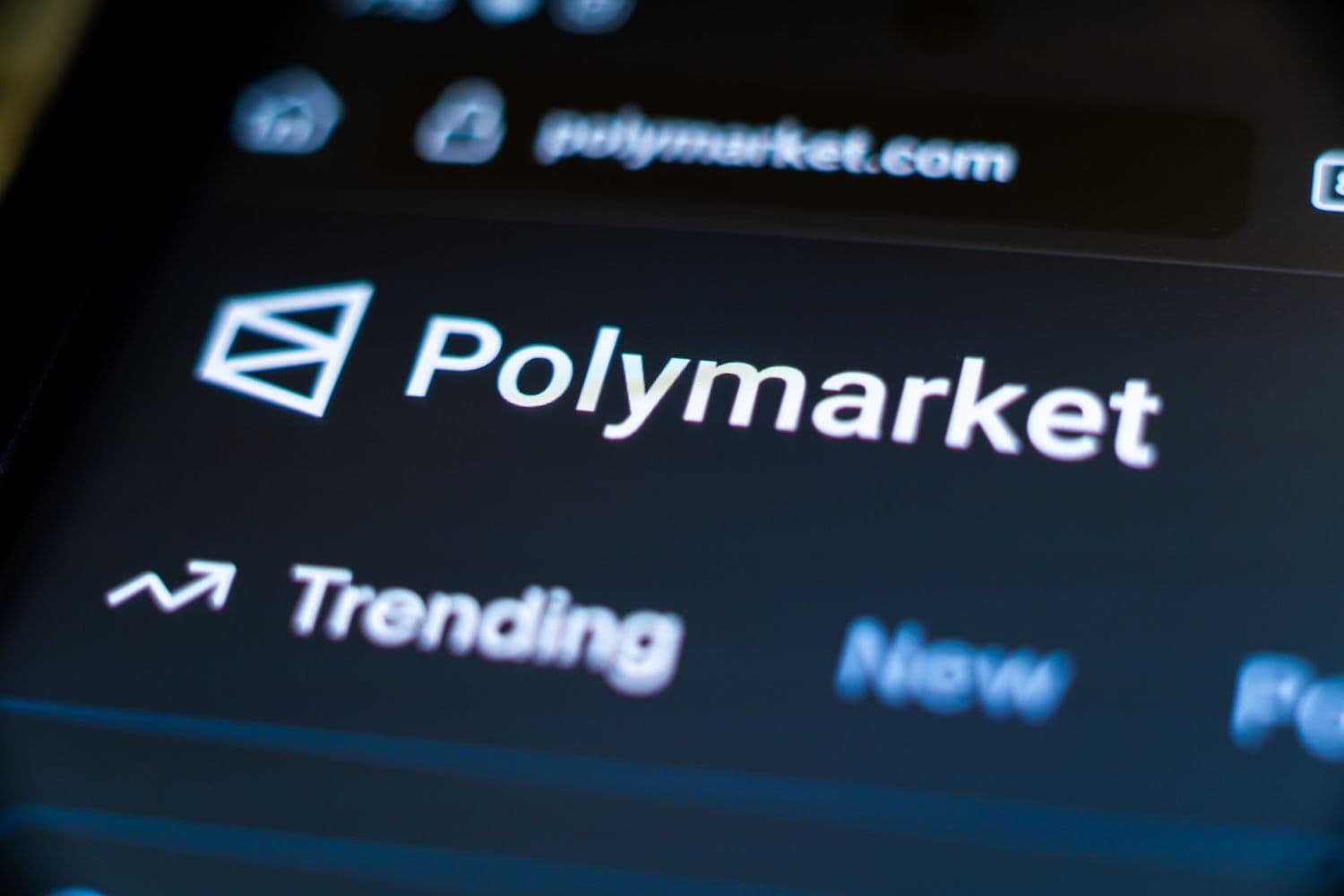Polymarket has initiated a closed beta test of its US exchange, allowing select users to place real-money bets on live contracts, marking the platform's first domestic operations since a 2022 regulatory settlement forced it offshore.
Founder Shayne Coplan revealed the development during Cantor Fitzgerald's Crypto and AI Infrastructure Conference in Miami, stating that the US exchange is "actually live and operational" with users being onboarded into what he described as "effectively a beta test."
The return represents a significant milestone for the world's largest prediction market platform, which has operated exclusively outside US borders since January 2022. The Commodity Futures Trading Commission fined Polymarket $1.4 million that year for offering unregistered event-based binary options to US users, forcing the platform to wind down its domestic markets and block American customers.
Strategic Acquisition Paves Regulatory Path
The platform's comeback became possible through Polymarket's $112 million acquisition of QCEX, a CFTC-licensed derivatives exchange and clearinghouse, announced in July 2025. This strategic purchase provided Polymarket with the regulatory infrastructure necessary to operate legally within the United States.
The CFTC issued a no-action letter in September 2025, granting regulatory relief to QCX on certain recordkeeping and reporting requirements for event contracts, effectively clearing the final regulatory hurdle for Polymarket's domestic relaunch.
The regulatory landscape shifted dramatically under new CFTC leadership. Acting Chairman Caroline Pham said the CFTC had let itself get bogged down in a "sinkhole of legal uncertainty" as it pursued legal cases against the industry. The commission's reversal came after the CFTC and Department of Justice ended their investigations of Polymarket in July without filing any charges, following months of scrutiny that included an FBI raid on Coplan's New York residence in November 2024.
Political Connections and Strategic Investments
Polymarket's regulatory turnaround coincided with significant political and financial developments. Donald Trump Jr. joined Polymarket's advisory board in August 2025, with his venture capital firm 1789 Capital making a strategic investment in the company. Sources familiar with the matter told Reuters the investment was in the double-digit millions of dollars.
The platform's growth trajectory has been remarkable. In the first half of 2025 alone, users made approximately $6 billion in predictions on Polymarket, cementing its position as the dominant player in the prediction markets sector. That momentum attracted major institutional backing, with Intercontinental Exchange, owner of the New York Stock Exchange, agreeing to invest up to $2 billion at a valuation of about $8 billion earlier this fall.
Skyrocketing Valuation Reflects Market Dominance
The platform's valuation has surged at an unprecedented pace. In June 2025, Peter Thiel's Founders Fund led a $200 million funding round valuing Polymarket at $1 billion. Just four months later, Polymarket is in early talks with investors to raise new capital at a valuation between $12 billion and $15 billion, representing more than a tenfold increase.
Weekly trading volumes surpassed $2 billion during the week ending Oct. 19, the highest in the platform's history, demonstrating explosive user growth and market adoption.
Sports Betting Focus and Strategic Partnerships
Once fully operational in the US, Polymarket plans to focus primarily on sports prediction markets. The platform has already secured partnerships with DraftKings and the National Hockey League, marking the first major US sports league collaboration for a prediction market platform. Under these agreements, Polymarket will serve as a clearinghouse for DraftKings' prediction offerings while integrating official NHL data into its platform.
This sports-focused strategy positions Polymarket to compete directly with established prediction platforms like Kalshi and traditional sports betting giants including FanDuel. Rival Kalshi is also attracting investor attention, fielding offers valuing it above $10 billion, more than double its recent funding round.
Regulatory Framework and Future Prospects
The beta launch operates under a carefully structured regulatory framework. The platform targets a late November launch for its regulated US operations, though the exact timeline remains subject to final regulatory approvals and technical preparations.
Polymarket's operating model differs from traditional betting platforms. The blockchain-based system allows users to buy and sell shares in event outcomes, with prices representing the market's collective probability assessment. All transactions settle in cryptocurrency stablecoins on the Polygon blockchain, maintaining the platform's crypto-native infrastructure.
The platform's explosive growth and institutional backing signal a broader shift in how financial markets assess probability and risk. President Donald Trump's nominee to run the CFTC, former Commissioner Brian Quintenz, who has close ties to Kalshi as a board member, told lawmakers that binary event contracts offered at such firms are appropriate "hedging tools", suggesting continued regulatory support for the sector.
Final thoughts
As Polymarket expands its US footprint, the platform faces both opportunities and challenges. The company plans to launch a native token and conduct an airdrop to users after establishing its US operations, according to recent statements from company executives. This token launch would further integrate Polymarket into the broader cryptocurrency ecosystem.
The prediction markets sector appears poised for sustained growth, with institutional investors and traditional finance increasingly recognizing these platforms as legitimate tools for price discovery and risk management. Whether Polymarket can maintain its market dominance while navigating complex regulatory requirements and competition from established players remains to be seen, but the platform's rapid growth and high-profile backing suggest confidence in its long-term prospects.
For now, the closed beta represents a careful, measured return to the US market - a stark contrast to the platform's abrupt 2022 exit under regulatory pressure.



